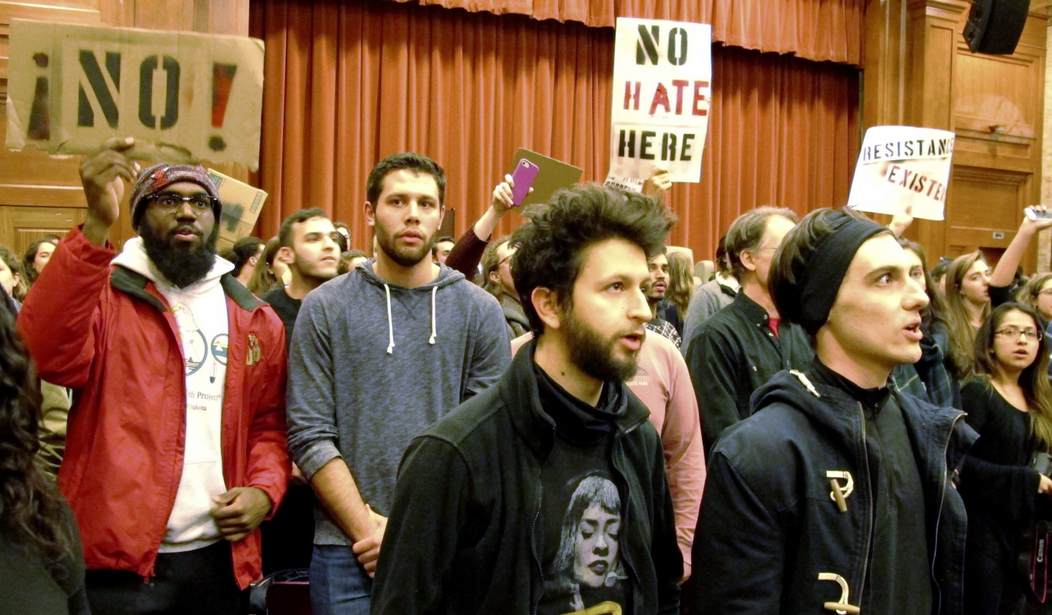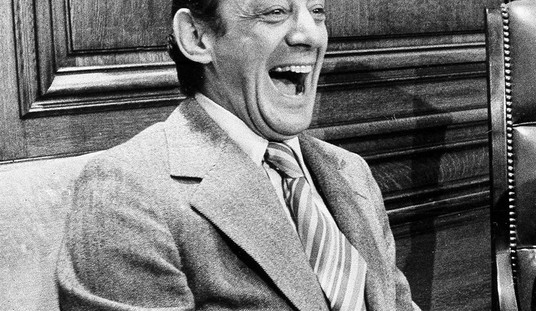Racial minorities engage in “competitive victimhood” in a quest for recognition of past sufferings such as slavery and colonialism, according to a new research study published by Belgian professors.
Laura De Guissmé and Laurent Licata, professors at the Université Libre de Bruxelles, made the claim in a recent article in the European Journal of Social Psychology, further finding that the struggle for victimhood can “foster intergroup conflict” such as a desire for revenge, increased hostility, and racism against other minorities.
Consequences of competitive victimhood are especially dangerous, the professors note, because they can contribute to the escalation of conflict (for example, with regards to the Israel/Palestine conflict), reduce trust and empathy, and impede the resolution of conflicts by peaceful means (heightening the threat of violence).
While the need for recognition is part of human nature, the desire for recognition of “past sufferings” can be especially problematic. This is because past sufferings often involve feuds between different tribal, ethnic, or racial groups — feuds which oftentimes have persisted to the present (past slavery of African Americans is one example), and thus have present-day consequences.
Recognition of victimhood status is especially important because it can be weaponized for the benefit of the minority group in question, Guissmé and Licata write:
The victim status is highly coveted because it tends to empower victimized groups, which are perceived as morally superior, entitled to sympathy, consideration, and protection against criticism.
Conversely, the lack of victimhood status poses a problem to minorities, since it reduces their ability to garner attention, protection, and even financial rewards (reparations, for example). This explains why the denial of victimhood status can be so troubling: denial of victimhood recognition can lend credence to a denial of help and assistance.
While much of the literature on minorities’ desire to claim victimhood status is largely theoretical, Guissmé and Licata conducted three studies at their university to learn more about the negative consequences of victimhood.
For one study, they surveyed 133 Belgian Muslims on their sense of victimhood and their levels of anti-Semitism. The sense of victimhood among Muslims was gauged by how much respondents agreed with statements such as “Muslims have a huge past of sufferings” and “The suffering Muslims have been through was undeserved and unfair.”
Then, the Muslims were asked questions designed to gauge if they held anti-Semitic viewpoints, such as “Jews should stop constantly complaining about what happened to them in Nazi Germany” and “The Jews exploit the remembrance of the Holocaust for their own benefit.”
In line with the professors’ predictions, the survey found that feelings of anti-Semitism were strongly correlated with feelings of victimhood among Belgian Muslims. Further, the study also found that anti-Semitism was especially strong towards Israelis in particular, who were viewed with significantly more hostility than Belgian Jews.
The two other studies conducted by the professors also found that racial hostility and negative feelings were strongest among people who feel victimized — a finding that provides strong empirical support for the theory the professors sought to test.
“Overall, these three studies provide evidence that concerns over the societal recognition of collective victimhood can be associated with intergroup animosity,” Guissmé and Licata said, adding that in some contexts “competition over collective victimhood recognition can be the main, or even the sole, source of intergroup tension.”
The professors concluded their article by reiterating the problems that could arise if sympathy isn’t equally distributed across groups that have been historically victimized. When recognition of victimhood is unequal, the professors argue, “the potential for intergroup conflict is high, and the authorities are at risk of losing their legitimacy.”
Follow the author of this article on Twitter: @Toni_Airaksinen.










Join the conversation as a VIP Member